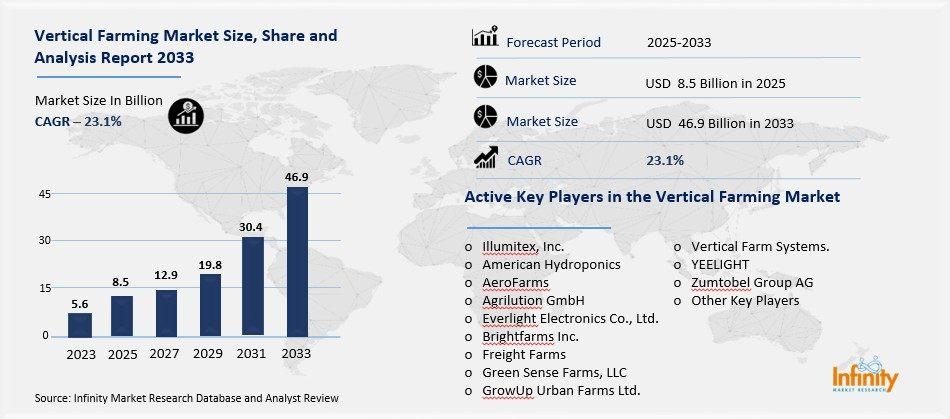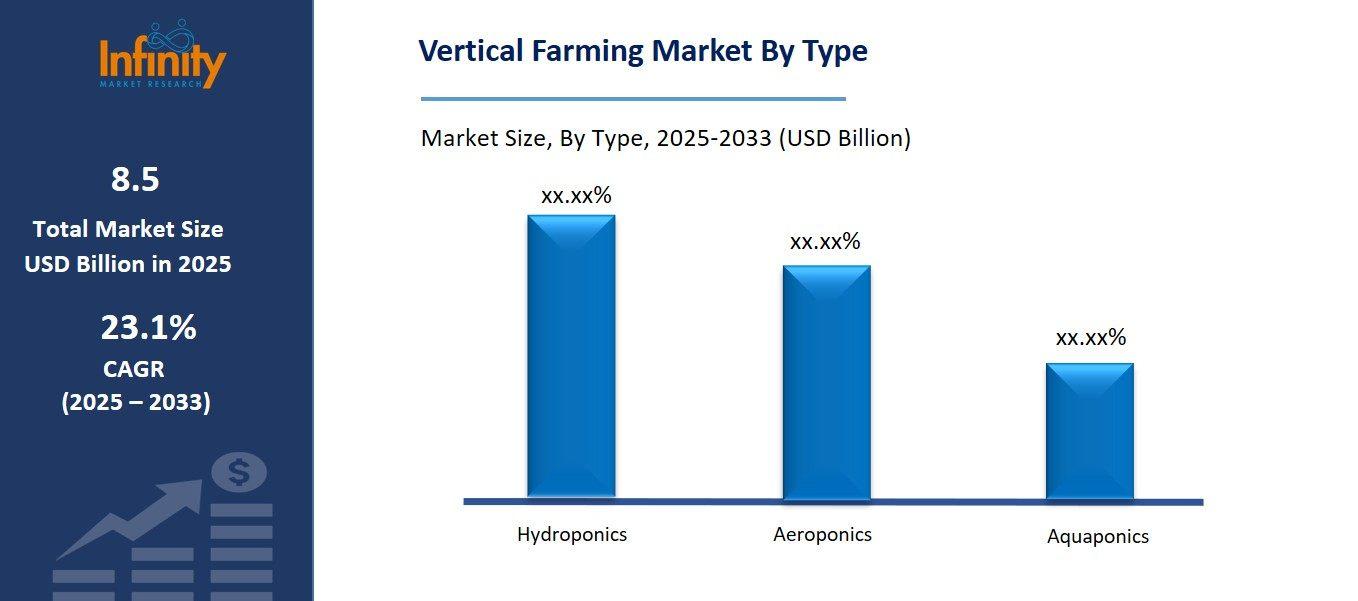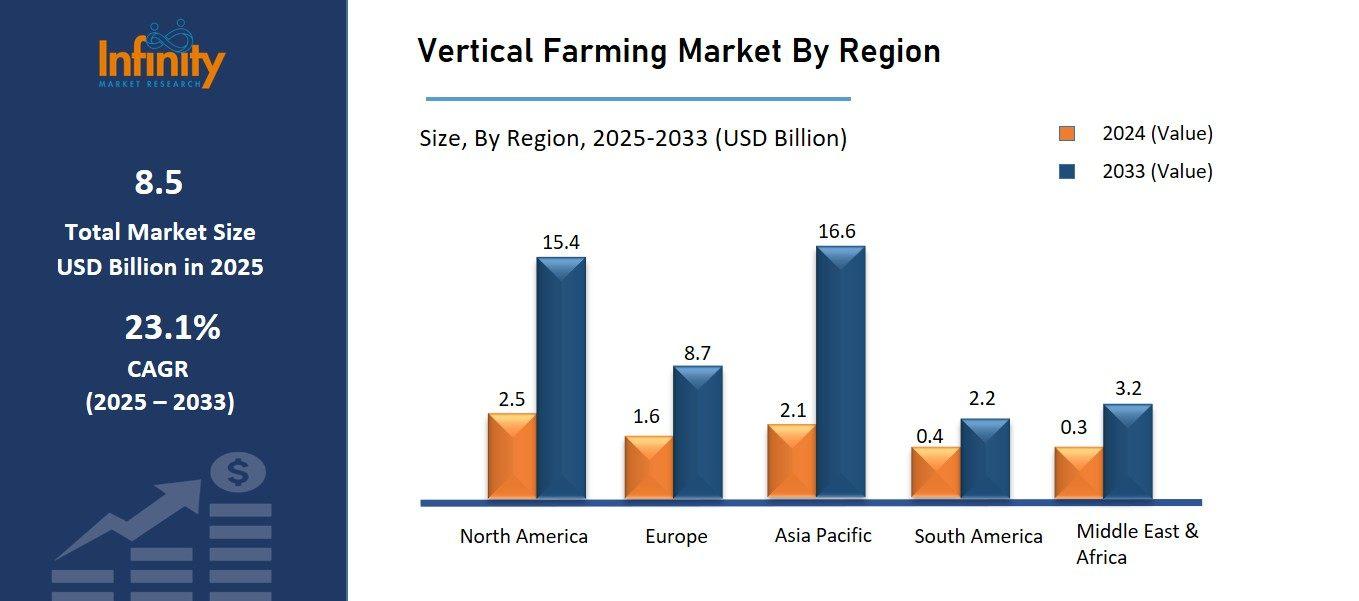
🔐 Secure Payment Guaranteed
Safe checkout with trusted global payment methods.
🌟 Why Choose Infinity Market Research?
At Infinity Market Research, we dont just deliver data — we deliver clarity, confidence, and competitive edge.
In a world driven by insights, we help businesses unlock the infinite potential of informed decisions.
Here why global brands, startups, and decision-makers choose us:
Industry-Centric Expertise
With deep domain knowledge across sectors — from healthcare and technology to manufacturing and consumer goods — our team delivers insights that matter.
Custom Research, Not Cookie-Cutter Reports
Every business is unique, and so are its challenges. Thats why we tailor our research to your specific goals, offering solutions that are actionable, relevant, and reliable.
Data You Can Trust
Our research methodology is rigorous, transparent, and validated at every step. We believe in delivering not just numbers, but numbers that drive real impact.
Client-Centric Approach
Your success is our priority. From first contact to final delivery, our team is responsive, collaborative, and committed to your goals — because you re more than a client; you re a partner.
Recent Reports
Obesity Management Market
GLP-1 Receptor Agonist Market
Vertical Farming Market Report
Vertical Farming Market Global Industry Analysis and Forecast (2025-2033) by Type (Hydroponics, Aeroponics, and Aquaponics), Structure (Shipping-Container Vertical Farms and Building-Based Vertical Farms), Component (Irrigation and Fertigation System, Lighting System, Sensors, Climate Control, and Other Components), and Region
Sep 2025
Aggriculture
Pages: 138
ID: IMR2183
Vertical Farming Market Synopsis
The Global Vertical Farming Market was valued at USD 6.9 billion in 2024 and is expected to grow from USD 8.5 billion in 2025 to USD 46.1 billion by 2033, reflecting a CAGR of 23.1% over the forecast period.
Vertical farming market is the production of crops in vertically arranged stacks, usually in controlled conditions like warehouses, shipping containers, or skyscrapers. The technology applied in this form of farming is hydroponics, aeroponics, and aquaponics to maximize space, minimise the use of water, and produce all year round. Market is expanding due to the spread of urbanization and demand of sustainable and locally grown food and food which is not pesticide laced. Vertical farming is also a solution to supply chain issues as it brings production closer to the consumer, but the cost of high set-up and energy is a major factor limiting its broader use.

Key Takeaways of the Vertical Farming Market
o On the basis of Type, the Hydroponics segment is expected to lead the Vertical Farming Market with the revenue share of 51.4% throughout the forecast period.
o The Building-Based Vertical Farms, by Structure, is projected to be the most significant shareholder of 52.9% of the Vertical Farming Market through the projection period.
o In terms of Component, the Lighting System category is forecasted to the biggest market share of 39.2% of Vertical Farming Market throughout the forecast period.
o North America is expected to dominate the market over the forecast period with the revenue share of 36.6%.
Vertical Farming Market Driver Analysis
Rising Demand for Sustainable and Locally Grown Food
The increasing demand of sustainable food and locally produced food is one of the major drivers of the vertical farming market. Consumers are becoming more conscious of the environmental impact of the traditional methods of farming, including the overuse of water, soil erosion, and the supply chains. Vertical farming would offer a solution to that by cultivating fresh goods both within and near urban centers to reduce the carbon footprint of the logistic, as well as offering fresher food. It is also a practice that demands less utilization of pesticides and an efficient utilization of resources, which is aligned with the growing popularity of healthy, environmentally friendly, and traceable food products.
Vertical Farming Market Restraint Analysis
High Initial Setup and Infrastructure Costs
The vertical farming market is limited by high initial set up and infrastructure costs. Vertical farms have to have cutting-edge systems, including climate control, LED lighting, hydroponic or aeroponic technology, and automation technology, all of which are expensive to implement. Moreover, the cost of powering and constant access to energy adds to the financial cost. These costs reduce the probability of small and medium-sized farmers entering the market, limited in its mass adoption of the long-term payoffs of resource efficiency and higher yields.
Vertical Farming Market Opportunity Analysis
Rising Interest from Retail Chains and Restaurants for Fresh Produce
The vertical farming market is experiencing high growth potential due to increasing demand on fresh produce by retail chains and restaurants. As more consumers choose pesticide-free, nutritious, and locally produced food, retailers and foodservice providers are looking into vertical farms to maintain a consistent and quality supply. Vertical agriculture enables year-round production, as a result of which businesses will become less dependent on the seasonality of supply and supply chains. Such collaboration between vertical farms and corporate consumers, in addition to enhancing market demand, promotes the investment in scaling production and advancing farming technologies.
Vertical Farming Market Trend Analysis
Increasing Investment and Partnerships in Agri-tech Startups
A major trend in a vertical farming market is the growing focus on investment and collaboration with agri-tech startups. Startups developing innovative solutions to controlled environment farming, automation, and resource-efficient systems are being funded by venture capital firms, technology firms, and large players in the agricultural sector. Such partnerships contribute to the rapid development of technologies, lowering the cost of operations, and increasing the scalability of vertical farming concepts. The strategic partnerships also help the start-ups to enter broader markets, deepen the supply chains and earn greater trust among the retailers and consumers, and work towards quicker uptake of the vertical farming practices across the globe.
Vertical Farming Market Segment Analysis:
The Vertical Farming Market is segmented on the basis of Type, Structure, and Component.
By Type
o Hydroponics
o Aeroponics
o Aquaponics
By Structure
o Shipping-Container Vertical Farms
o Building-Based Vertical Farms
By Component
o Irrigation and Fertigation System
o Lighting System
o Sensors
o Climate Control
o Other Components
By Region
o North America (U.S., Canada, Mexico)
o Eastern Europe (Bulgaria, The Czech Republic, Hungary, Poland, Romania, Rest of Eastern Europe)
o Western Europe (Germany, UK, France, Netherlands, Italy, Russia, Spain, Rest of Western Europe)
o Asia Pacific (China, India, Japan, South Korea, Malaysia, Thailand, Vietnam, The Philippines, Australia, New-Zealand, Rest of APAC)
o Middle East & Africa (Turkey, Bahrain, Kuwait, Saudi Arabia, Qatar, UAE, Israel, South Africa)
o South America (Brazil, Argentina, Rest of SA)
By Type, Hydroponics Segment is Expected to Dominate the Market During the Forecast Period
The hydroponics sector is likely to prevail in the vertical farming market over the forecast period. Hydroponics enables crops to be cultivated in nutrient-enriched liquid without soil, which is very efficient with respect to space and resource consumption. The approach consumes much less water than conventional farming and allows shorter production cycles with better yields. It should be the preferred choice of vertical farming system due to its capability to grow a large number of crops, as well as the reduced chances of soil-borne diseases. With the increasing need to produce food sustainably and in a consistent manner, it is expected that hydroponics will dominate the market.

By Structure, the Building-Based Vertical Farms Segment is Expected to Held the Largest Share
The largest market share is likely to be occupied by the building-based vertical farms segment. They are usually established in warehouses, multi-story buildings, or vacant urban areas, and thus can be well adapted to large-scale commercial production in highly populated cities. The systems on buildings allow more control over environmental conditions, including lighting, humidity, and temperature, to maintain the regular quality and production of crops. The close distance to urban consumers also saves transportation expenses and improves the freshness of products. With the ongoing increase of the urbanization process, the building-based vertical farms will probably stay the most prevalent type of structure in the market.
By Component, the Lighting System Segment is Expected to Held the Largest Share
The lighting system segment is likely to dominate the market share of vertical farming by component. Artificial lighting, particularly LED systems is important to ensure the most effective spectrum and intensity to allow plants to grow in controlled environments. It allows the production of crops all year round, shorter growth periods, and better quality crops irrespective of the weather outside. As the world continues to increase the use of energy efficient LEDs and smart lighting systems, prices are slowly dropping, further increasing its uptake.
Vertical Farming Market Regional Insights
North America is Expected to Dominate the Market Over the Forecast period
North America is projected to take a lead in vertical farming market within the forecast period. High-level investment, large-scale use of innovative farming technologies, and a high number of developed agri-tech companies are the main characteristics of the region. The increasing consumer demand of fresh, pesticide-free and locally produced goods is compelling retailers and restaurants to seek connections with vertical farms. Moreover, the attractiveness of government programs to sustainable agriculture and availability of urban farm infrastructure reinforce the development of markets. As more attention is paid to the food security issue, and more companies start producing with minimal resource usage, North America will continue to lead the market of vertical farming in the world.

Recent Development
In December 2024, BrightFarms Inc. opened a new greenhouse in Texas to supply its leafy greens to the South Central and Southwest regions. The Lorena facility, which will cover 1.5 million square feet upon full completion, features advanced cooling systems, including KUBO’s Ultra-Clima technology.
In June 2023, Freight Farms partnered with Local Line, an integrated sales platform tailored for farmers. This collaboration represents Freight Farms’ latest initiative to equip aspiring farmers with the resources they need to establish and grow successful businesses.
Active Key Players in the Vertical Farming Market
o Illumitex, Inc.
o American Hydroponics
o AeroFarms
o Agrilution GmbH
o Everlight Electronics Co., Ltd.
o Freight Farms
o Green Sense Farms, LLC
o GrowUp Urban Farms Ltd.
o Vertical Farm Systems.
o YEELIGHT
o Zumtobel Group AG
o Other Key Players
Global Vertical Farming Market Scope:
|
Global Vertical Farming Market | |||
|
Base Year: |
2025 |
Forecast Period: |
2025-2033 |
|
Historical Data: |
2017 to 2024 |
Market Size in 2024: |
USD 6.9 Billion |
|
Market Size in 2025: |
USD 8.5 Billion | ||
|
Forecast Period 2025-33 CAGR: |
23.1% |
Market Size in 2033: |
USD 46.1 Billion |
|
Segments Covered: |
By Type |
· Hydroponics · Aeroponics · Aquaponics | |
|
By Structure |
· Shipping-Container Vertical Farms · Building-Based Vertical Farms | ||
|
By Component |
· Irrigation and Fertigation System · Lighting System · Sensors · Climate Control · Other Components | ||
|
By Region |
· North America (U.S., Canada, Mexico) · Eastern Europe (Bulgaria, The Czech Republic, Hungary, Poland, Romania, Rest of Eastern Europe) · Western Europe (Germany, UK, France, Netherlands, Italy, Russia, Spain, Rest of Western Europe) · Asia Pacific (China, India, Japan, South Korea, Malaysia, Thailand, Vietnam, The Philippines, Australia, New-Zealand, Rest of APAC) · Middle East & Africa (Turkey, Bahrain, Kuwait, Saudi Arabia, Qatar, UAE, Israel, South Africa) · South America (Brazil, Argentina, Rest of SA) | ||
|
Key Market Drivers: |
· Rising Demand for Sustainable and Locally Grown Food | ||
|
Key Market Restraints: |
· High Initial Setup and Infrastructure Costs | ||
|
Key Opportunities: |
· Rising Interest from Retail Chains and Restaurants for Fresh Produce | ||
|
Companies Covered in the report: |
· Illumitex, Inc., American Hydroponics, AeroFarms, Agrilution GmbH, and Other Key Players. | ||
📘 Frequently Asked Questions
1. What would be the forecast period in the Vertical Farming Market Research report?
Answer: The forecast period in the Vertical Farming Market Research report is 2025-2033.
2. Who are the key players in the Vertical Farming Market?
Answer: Illumitex, Inc., American Hydroponics, AeroFarms, Agrilution GmbH, and Other Key Players.
3. What are the segments of the Vertical Farming Market?
Answer: The Vertical Farming Market is segmented into Type, Structure, Component, and Regions. By Type, the market is categorized into Hydroponics, Aeroponics, and Aquaponics. By Structure, the market is categorized into Shipping-Container Vertical Farms and Building-Based Vertical Farms. By Component, the market is categorized into Irrigation and Fertigation System, Lighting System, Sensors, Climate Control, and Other Components. By region, it is analyzed across North America (U.S.; Canada; Mexico), Eastern Europe (Bulgaria; The Czech Republic; Hungary; Poland; Romania; Rest of Eastern Europe), Western Europe (Germany; UK; France; Netherlands; Italy; Russia; Spain; Rest of Western Europe), Asia-Pacific (China; India; Japan; Southeast Asia, etc.), South America (Brazil; Argentina, etc.), Middle East & Africa (Saudi Arabia; South Africa, etc.).
4. What is the Vertical Farming Market?
Answer: The vertical farming market is the sector which deals with the production of food in vertical systems which has a stacking and utilises a controlled environment rather than farmland. It uses hydroponics, aeroponics and LED to cultivate crops with limited water and land consumption.
5. How big is the Vertical Farming Market?
Answer: The Global Vertical Farming Market was valued at USD 6.9 billion in 2024 and is expected to grow from USD 8.5 billion in 2025 to USD 46.1 billion by 2033, reflecting a CAGR of 23.1% over the forecast period.

🔐 Secure Payment Guaranteed
Safe checkout with trusted global payment methods.
🌟 Why Choose Infinity Market Research?
- Accurate & Verified Data:Our insights are trusted by global brands and Fortune 500 companies.
- Complete Transparency:No hidden fees, locked content, or misleading claims — ever.
- 24/7 Analyst Support:Our expert team is always available to help you make smarter decisions.
- Instant Savings:Enjoy a flat $1000 OFF on every report.
- Fast & Reliable Delivery:Get your report delivered within 5 working days, guaranteed.
- Tailored Insights:Customized research that fits your industry and specific goals.



